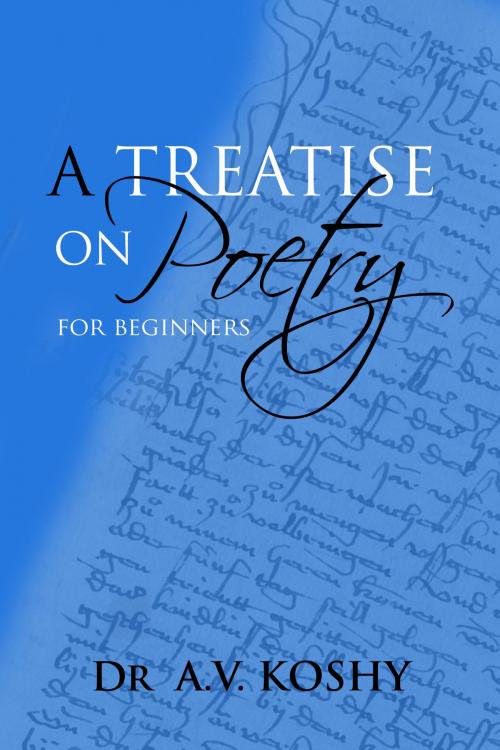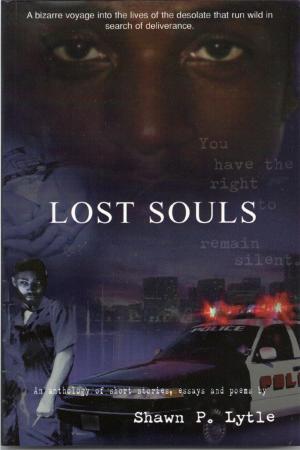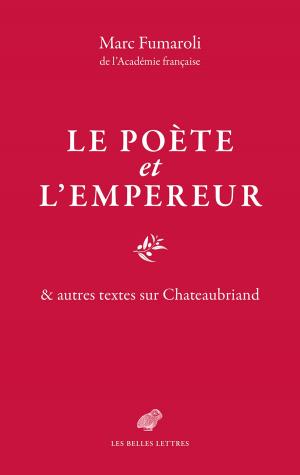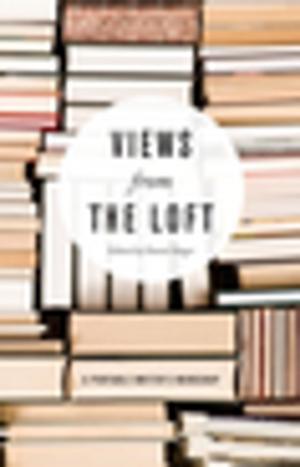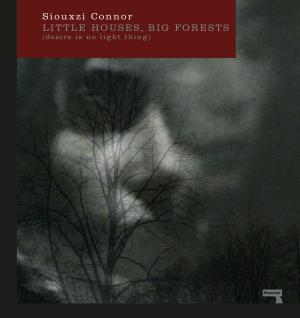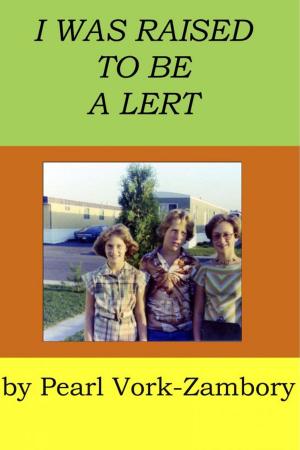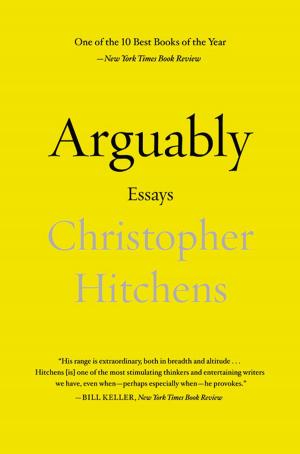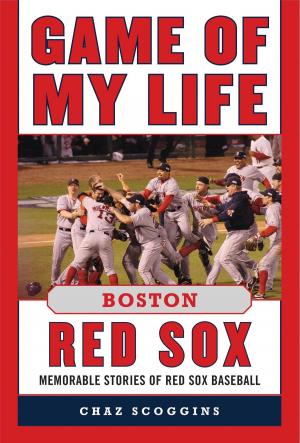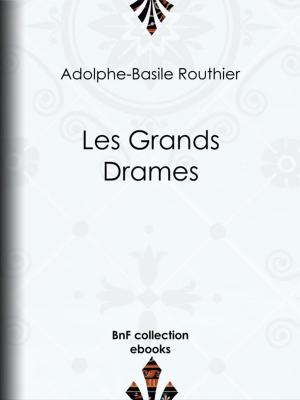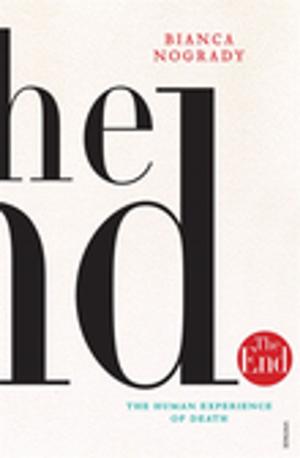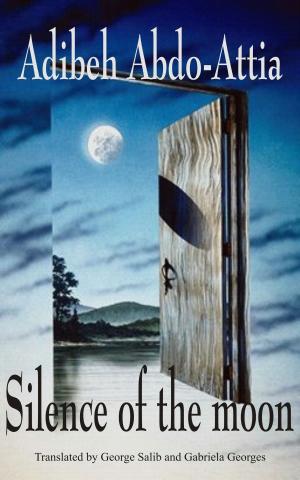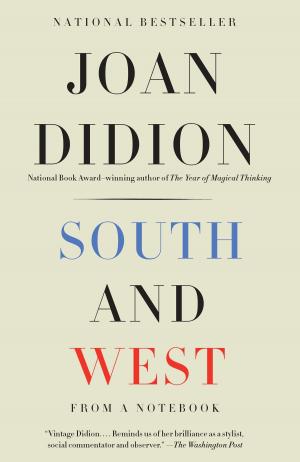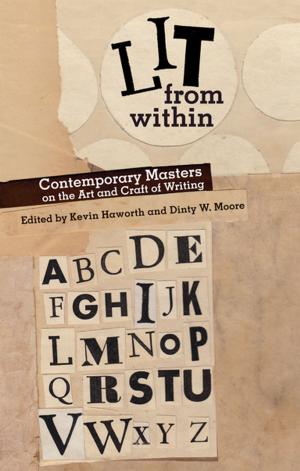A Treatise on Poetry for Beginners
Nonfiction, Reference & Language, Education & Teaching, Teaching, Language Experience Approach, Fiction & Literature, Essays & Letters, Essays| Author: | Dr A.V. Koshy | ISBN: | 9781476283531 |
| Publisher: | Speak Up Publishing | Publication: | August 30, 2012 |
| Imprint: | Smashwords Edition | Language: | English |
| Author: | Dr A.V. Koshy |
| ISBN: | 9781476283531 |
| Publisher: | Speak Up Publishing |
| Publication: | August 30, 2012 |
| Imprint: | Smashwords Edition |
| Language: | English |
This small book A Treatise on Poetry for Beginners is an attempt to encourage a beginner to take more interest in reading and writing poetry, at a deeper level that is the usual practice. With this aim in mind, the reader is introduced to the elements of poetry with examples in a light, humorous and interesting manner. The contents page shows that what is included are sections on some general thoughts on poetry including a via negative definition, two asides, Mnemonics, Rhyme, Rhyme Schemes, Sound and Imagery, Figurative Language, Form, Voice, Style, some more general thoughts on poetry and the contemporary scene, especially the exciting and avant-garde subculture of poetry on facebook. As a critic, the author aims to stand as a bridge to his readership between the old and the new, the good and the better and the real and the virtual in the world of poetry writing.
Although the book is experimental in a sight way including wall post times and dates and days as well as slight and controlled use of chat and sms lingo, icons etc., having been written first on fb on a daily basis, making it perhaps the first of its kind and unique, it is basically of a scholarly bent. It is strength is the apparent ease with which it formulates and passes on the knowledge of poetry, in the kind of lyrical and simple writing that can actually only be done by a master of the subject or discipline. For each section well known and impeccable examples are quoted along with a judicious mix of not so famous but equally significant quotes that can be found here and there. The poets quoted include Dylan Thomas, Emily Dickinson, Robert Frost, Samuel Beckett, Dante and others. The quotes are not random but accurate, and tellingly illustrate in a highly competent degree the points under discussion. A few of the poet’s own amusing doggerel verse is scattered here and there through the book, again to make some point clearer and even this is effectively done. Sociologists may one day find value in the thread uniting many of the sections throughout that casts light n the emerging subculture of the fb poetry scene in the contemporary poetry scenario of bleakness with many writing and no one reading, and Dr Koshy cites the interesting examples of the rise of a new wave with anthologies by people like Brian Wrixon, Barry Mowles and huge poetry event organisers like Michel Rothenberg. The book is truly international in its coverage of literature and poetry and at the same time unflinchingly Indian and so touches also on new and upcoming writers like Vasudev Murthy and Yaseen Anwer to make its point. IN a very small packed canvas of a space, the book offers so much that it needs repeated readings and is a worthy minimalist gem for such a low price.
What is it if not the worst of times if one can't rhyme rhyme with rosemary and thyme?! If that passage doesn’t make you want to buy it and read it nothing else will. The book is a Horatian delight of fine instruction.
This small book A Treatise on Poetry for Beginners is an attempt to encourage a beginner to take more interest in reading and writing poetry, at a deeper level that is the usual practice. With this aim in mind, the reader is introduced to the elements of poetry with examples in a light, humorous and interesting manner. The contents page shows that what is included are sections on some general thoughts on poetry including a via negative definition, two asides, Mnemonics, Rhyme, Rhyme Schemes, Sound and Imagery, Figurative Language, Form, Voice, Style, some more general thoughts on poetry and the contemporary scene, especially the exciting and avant-garde subculture of poetry on facebook. As a critic, the author aims to stand as a bridge to his readership between the old and the new, the good and the better and the real and the virtual in the world of poetry writing.
Although the book is experimental in a sight way including wall post times and dates and days as well as slight and controlled use of chat and sms lingo, icons etc., having been written first on fb on a daily basis, making it perhaps the first of its kind and unique, it is basically of a scholarly bent. It is strength is the apparent ease with which it formulates and passes on the knowledge of poetry, in the kind of lyrical and simple writing that can actually only be done by a master of the subject or discipline. For each section well known and impeccable examples are quoted along with a judicious mix of not so famous but equally significant quotes that can be found here and there. The poets quoted include Dylan Thomas, Emily Dickinson, Robert Frost, Samuel Beckett, Dante and others. The quotes are not random but accurate, and tellingly illustrate in a highly competent degree the points under discussion. A few of the poet’s own amusing doggerel verse is scattered here and there through the book, again to make some point clearer and even this is effectively done. Sociologists may one day find value in the thread uniting many of the sections throughout that casts light n the emerging subculture of the fb poetry scene in the contemporary poetry scenario of bleakness with many writing and no one reading, and Dr Koshy cites the interesting examples of the rise of a new wave with anthologies by people like Brian Wrixon, Barry Mowles and huge poetry event organisers like Michel Rothenberg. The book is truly international in its coverage of literature and poetry and at the same time unflinchingly Indian and so touches also on new and upcoming writers like Vasudev Murthy and Yaseen Anwer to make its point. IN a very small packed canvas of a space, the book offers so much that it needs repeated readings and is a worthy minimalist gem for such a low price.
What is it if not the worst of times if one can't rhyme rhyme with rosemary and thyme?! If that passage doesn’t make you want to buy it and read it nothing else will. The book is a Horatian delight of fine instruction.
